It's referred to as dispersed camping in the US and allows you to camp lawfully on public land without entering an organised campsite. It is mostly permitted on National Forest and Bureau of Land Management property.
Camping in the wilderness means getting away from the beaten path. Plan beforehand and bring the appropriate equipment. Refresh your knowledge of Leave No Trace (LNT) as well.
Going camping
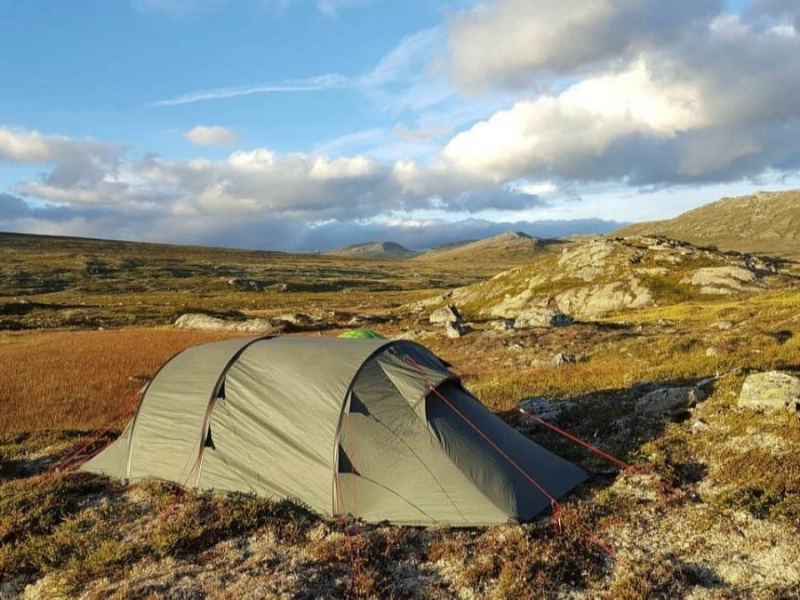
The activity of setting up a tent in an isolated, unprotected area is known as wild camping. You may take in very breathtaking vistas in a far more rustic setting, and it's frequently less expensive than staying at developed campgrounds.
While some parts of the world forbid wild camping, others are more accepting of it. For instance, the Land Reform Act in Scotland allows you to wild camp almost anywhere. But in most of England, you have to get permission from the landlord before you can set up a tent. This implies that before you leave, you should always make sure you are aware of the local laws.
You must take into account the effects your campground will have on the surrounding environment and wildlife, in addition to making sure the place you have picked is legal. In order to leave no trace, you should pick up any trash and, if at all possible, put out any fires. For example, you should use your cooker carefully or find another way to cook if you're camping in a region where wildfires are common.
Outdoor camping is also frequently linked to a feeling of liberation and adventure. Since it offers a respite from the stress of contemporary life, many individuals pursue it for their physical and emotional well-being. A typical, established campsite is typically crowded with people and noisy, which can add to the tension and anxiety of the experience. On the other side, wild camping provides a more intimate encounter with nature that may help ease these emotions.
Camping in the bush may be relatively safe, despite its intimidating appearance. The majority of the risks connected to wild camping are caused by uncontrolled fires and an abundance of trash left behind. Because wildfires pose a concern in the UK throughout the summer, it's especially vital to exercise caution when using campfires. A stray spark might destroy your vacation, set fire to your campsite, and possibly harm the environment severely.
Travelling by rucksack
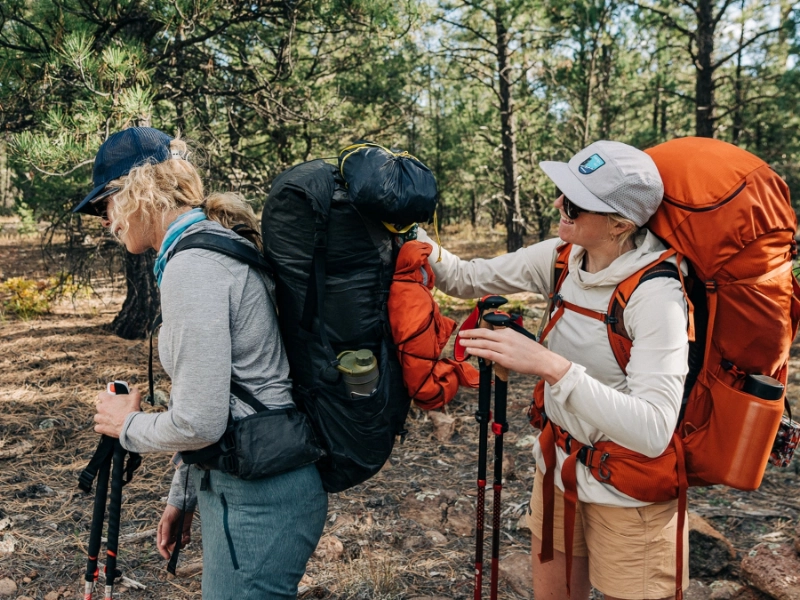
People who travel with everything they need in their backpacks are known as backpackers. The most popular method for doing this is to hitchhike and walk, while other travellers use rental automobiles and rolling bags to go across a nation. Backpackers typically aim to see as much of a place as they can while travelling on a tight budget.
One kind of camping that is done in places without campgrounds is called wild camping. This is done on public land and can be combined with a bike ride or walk. The most popular places are wilderness areas and national parks. Long-distance hikers who follow it are also big fans of it.
Although trekking and scattered camping are excellent ways to get closer to the natural world, they may also be risky endeavours if you're not well-prepared. It's crucial to know the area's wildlife and to pack a map, compass, or GPS gadget. In addition, backpackers need to understand the concepts of Leave No Trace and know how to properly dispose of waste. In case of an emergency, it's also a good idea to have extra water and toilet paper with you.
The fact that going wild may often be a lot more tranquil and soothing than staying at an established campground is another advantage. Camping areas are sometimes bustling with activity, making it challenging for individuals seeking solitude in the great outdoors. You may get away from the bustle of everyday life and re-establish a calmer, more intimate relationship with the natural world by going wild camping.
The drawback of wild camping is that facilities like showers and toilets are probably out of your reach. It's also important that you know what to do if you come across any local animals and how to react to them. Avoiding wild animals is preferable, but if you must see them, make sure to avoid their territory and look out for signs of young or nests.
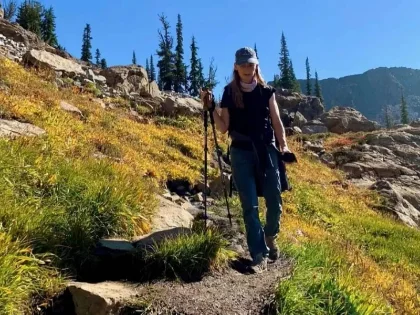
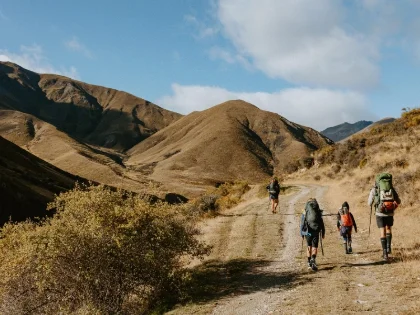
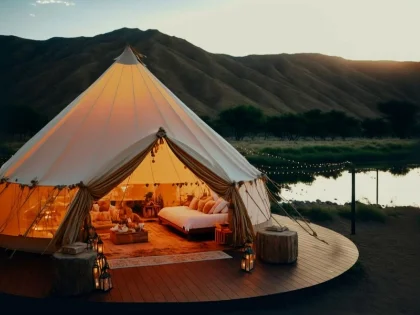



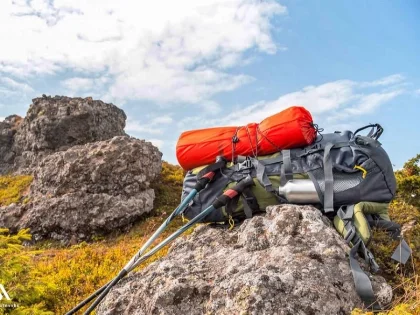
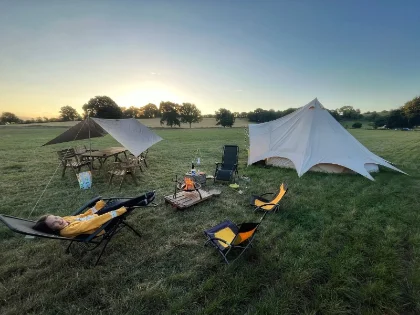
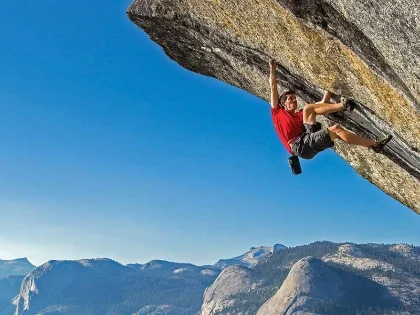

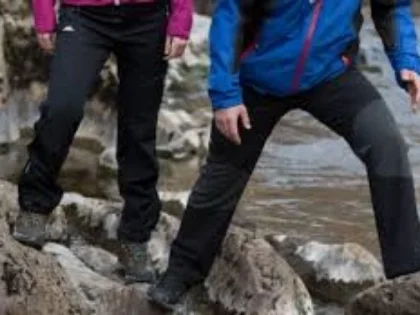
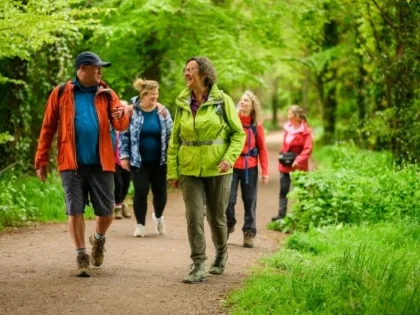
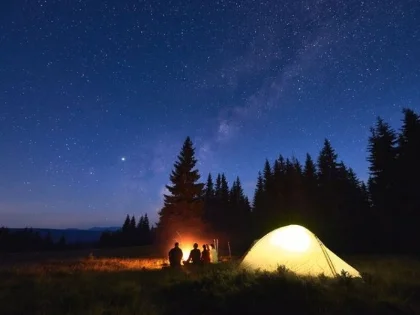
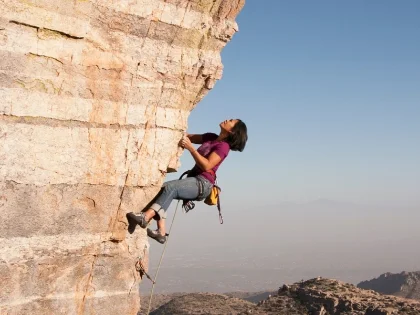
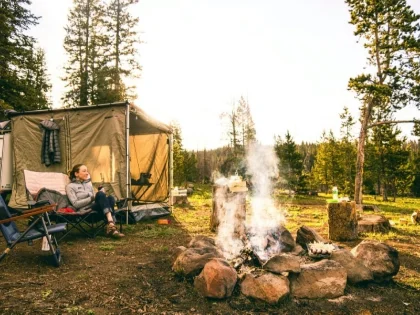

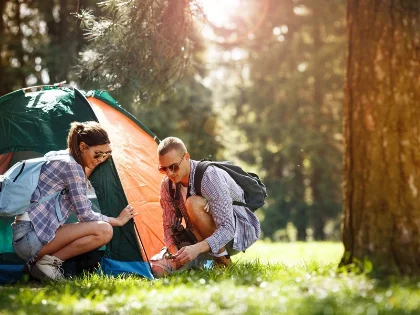
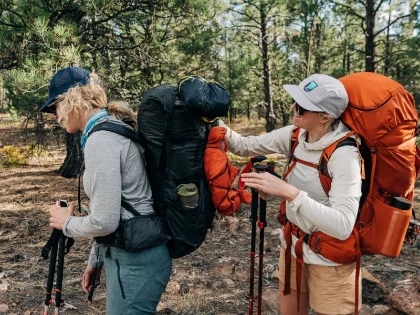

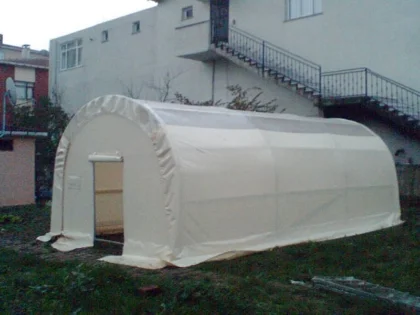
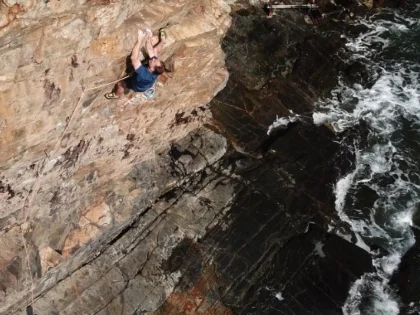

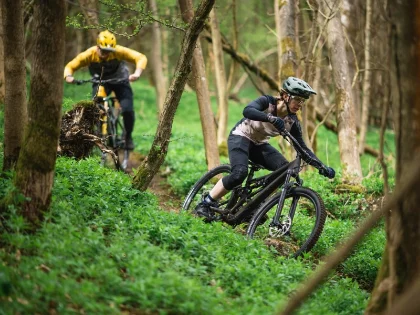
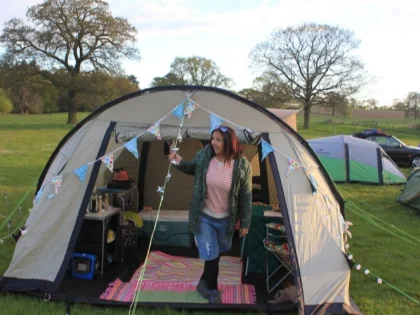

Comments
Leave a Comment
Your email address will not be published. Required fields are marked *